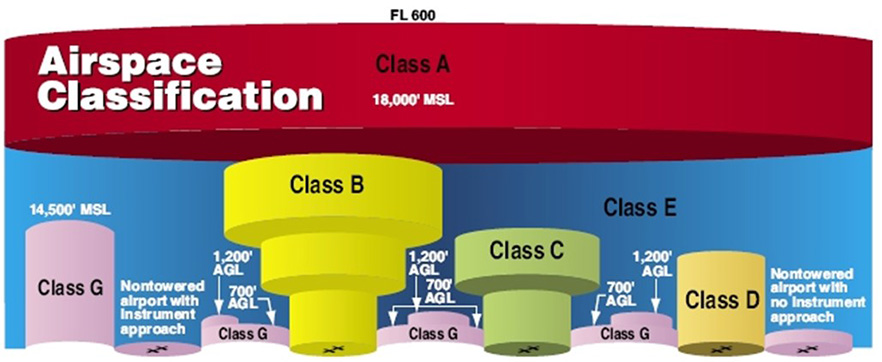The use of unmanned aerial vehicles (UAVs) continues to rise on the farm and in commercial operations. Drone operators must understand the federal laws and regulations that govern their use.
Federal Aviation Administration (FAA) regulations
To obtain FAA compliance, every drone operator must obtain a remote pilot certification (Part 107).
Part 107 certification process:
- Be at least 16 years old
- Learn the rules
- Register your drone with the FAA
- Pass the knowledge test with at least 70%
For further information, study materials, and testing facilities visit Certificated Remote Pilots including Commercial Operators.
Part 137 Exemption Rule
If an operator plans to spray or dispense a substance from a drone which falls within the definitions in Section 137.3 of the 14 CFR, you must receive an exemption by completing FAA Form 8710-3.
Part 137 Exemption Process (Refer to Certification Process for Agricultural Aircraft Operators):
- Petition for an exemption
- Submit basic operational information.
- Complete FAA Form 8710-3
- Submit form to UAS137certificates@faa.gov.
Drone registration
All UAVs over 0.55 lbs. must be registered by the owner (or owner’s parent/guardian) with the FAA. Registration is $5/drone and is valid for 3 years. The registration number must be written on the drone.
- Registration information: How to register your drone
- Registration
Drone operating hours, altitude and speed
- No agricultural spraying or spreading at night
- Pilots can fly during daylight or in twilight
- Weather visibility: minimum of 3 miles
- Altitude: 400 feet above ground maximum
- Can fly higher if within 400 feet of a structure
- Speed: 100 mph maximum
Airspace authorization
A drone operator must request authorization if flying within 5 miles of a controlled airport (Figure 1).

To request airspace authorization, a request can be submitted to: How to request airspace authorization.
Missouri state drone laws
UAV operators in Missouri are subject to FAA regulations and flight controls established by local city and state government authorities. Check with local authorities for city and county drone codes.
House Bill 1204
- UAVs cannot be used to gather evidence or other information pertaining to criminal conduct except to the extent authorized in a warrant.
- UAVs cannot be used to conduct surveillance or observation of an individual or property without the permission of that individual or property owner.
House Bill 1963
- Section 217.850 prohibits the use of drones near correctional and penal institutes.
- Section 577.800 prohibits the use of drones within 400 feet of altitude and property of an open-air facility including sports, theater, performing arts, or other entertainment facility with a capacity of five thousand people or more and not completely enclosed by a roof or other structure.
Drone remote pilot compliance requires:
- Remote pilot (part 107) certification
- Valid exemption part 137 if flying over 55 lbs.
- Airspace Certificate of Waiver or Authorization
- Agricultural Aircraft Operator Certificate
- State Pesticide Applicator License if applicable
- Insurance coverage per state’s requirements
Acknowledgements
Thank you to Jeana Curtis and the University of Missouri for the review of this publication. The material is based upon work supported by USDA-NRCS, Conservation Innovation Grant, MoExcels Workforce Initiative, and the University of Missouri Agricultural Experiment Station. Any opinions, findings, conclusions, or recommendations expressed in this publication are those of the author and do not necessarily reflect the view of the University of Missouri.
For further questions about utility drones in agriculture, please contact Gurbir Singh.